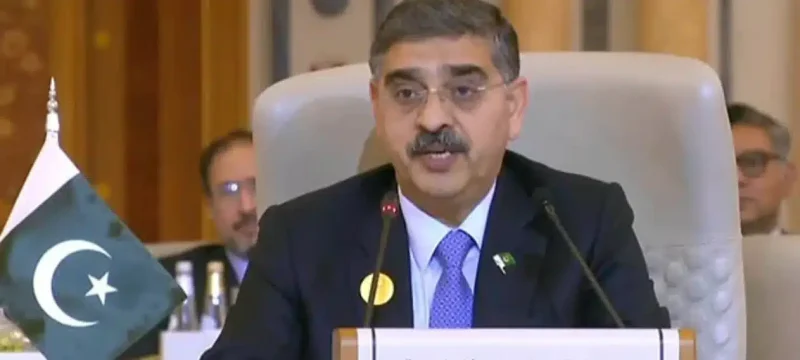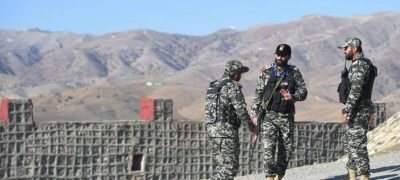Caretaker Prime Minister Anwaar-ul-Haq Kakar dismissed the notion that the departure of people from Pakistan to move abroad is a sign of failure.
Speaking in an interactive session titled ‘Breakfast with the Prime Minister,’ he mentioned that “brain drain can become a brain asset [in the future].” He emphasized that Pakistan has a rich civilization with diversified creative potential, and the youth population under the age of 25 adds value to human capital. Kakar stressed the importance of providing skill sets to the youth through targeted training programs to avoid detrimental consequences.
One of the caretaker government’s priorities is to focus on a program to train one million nurses in one decade. The government is exploring partnerships with international conglomerates like Siemens, Germany, for the development of skills in various areas. PM Kakar expressed confidence that the caretaker government, with its good governance and reformative approach, would leave a legacy on the domestic front, addressing challenges in the economy, privatization, and connectivity.
The government is fast-tracking the privatization of state-owned enterprises (SOEs), with Pakistan International Airlines (PIA) a priority. Tangible results are expected by mid-January. The Special Investment Facilitation Council (SIFC) is providing an opportunity for ease of business and is expected to bring news of foreign investment of billions of dollars in agriculture, information technology, and mining.
Also Read: IHC Summons PM Kakar in Missing Baloch Students Case
PM Kakar highlighted the importance of wealth creation through taxation for government revenue, allowing investment in schools, hospitals, and infrastructure.
He emphasized the need for reforms in taxation and stated that his government believed in cutting expenditures. While acknowledging media freedom, he stressed the need to formulate regulations for digital media after deliberations with stakeholders.
PM Kakar stated that the current political scenario is not a crisis but a continuation of the process in Pakistan’s transitional democracy. He expressed optimism that, with the continuity of the democratic process, people would gradually start linking parties with performance and service delivery. PM Kakar emphasized the importance of the local government system to address civic problems in remote areas and advocated for an inclusive approach to bring far-flung areas at par with developed cities.









